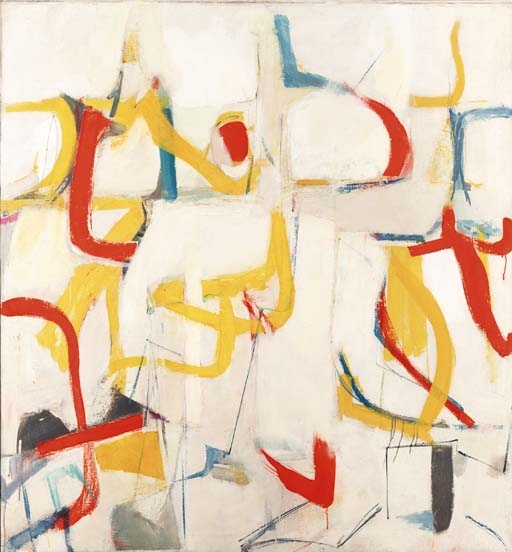
The International Journal of Research in Choral Singing (IJRCS) is ACDA’s scholarly publication that welcomes studies that apply rigorous, systematically-grounded methodologies, either quantitative or qualitative, to investigate phenomena of potential interest to all who sing in, work with, or are otherwise interested in choral ensembles. Below is an excerpt from an article written by Andrew Sutherland titled “Guest Conductors and Choir Collaborations: Reflections from Jonathan Willcocks.” You can find this article and more at acda.org/ijrcs.
______________________________
Choirs involved in collaborative projects such as festivals and multi-choral works frequently engage guest conductors to guide the assembled ensemble. An ensemble will usually experience two conductors during the process; the regular conductor who will help the singers learn the music, and the guest conductor who will typically take over the leadership of the choir for the final rehearsals and performance (Freer, 2007). The guest conductor can bring fresh insight into the music being rehearsed and provide the regular conductor with new pedagogical perspectives (Lanier, 2007; Glosser, 2005). While the process can inject fresh enthusiasm and energy into the activities of a music ensemble, it is not always positive or successful (Khodyakov, 2014). Difficulties can arise when the conductors have different interpretations of the music and resulting tension can manifest in the singers’ performance and affect their experience of the project. Issues of territoriality and ego can influence the relationship between the two conductors bringing singers into personal conflict situations (Sateren, 1982). In exploring the emic and etic experiences of the guest choral conductor, Jonathan Willcocks reflects on his experiences and the issues associated with handing an ensemble over to a guest conductor are explored.
The guest conductor
This article adds to a small body of work that addresses musical collaboration with guest conductors (Chuang, 2005; Jansson, 2015; Khodyakov, 2014; Neher, 2011; Sutherland, 2017a). The guest conductor adopts the role of the expert teacher (Hattie, 2003), imparting wisdom as well as training to the collective ensemble. Within a short time period prior to a performance, the guest conductor often encounters large groups of new people. How the guest conductor relates to an unknown group can impact the outcome of the project as “if he is not able to establish a psychological bridge to the members collaborating with him, attempts to make music will be in vain no matter how good his musicality” (Chuang, 2005, p. 2). By necessity, the guest conductor will have a different approach to the music than the choir has become used to (Neher, 2011). Changes in conducting style, musical interpretation, and communication style need to be processed and accepted in a relatively short space of time. Sensitivity to what has occurred in the rehearsals prior must be shown by the guest conductor because “The most important person in this part of the process is not the guest conductor, but the school director who prepares the students prior to the first rehearsal” (Freer, 2007, p. 32). The process of handing over a choir to a guest conductor requires an acceptance on behalf of the regular conductor that musical differences will be communicated with the ensemble and this possibility needs to be expressed and accepted by the group to enable an acceptance of change (Marroquin Velasquez, 2011).
Encountering fresh perspectives from a guest conductor can be a positive process for a choir which has been working with the same conductor for a long time. Attitudes towards the choral experience can decline as complacency and familiarity with a regular conductor increases over time. Gleason asserts that, “Since attitudes decline as singers grow in experience with a conductor, it is recommended that directors continue monitoring attitudes, challenging singers, and striving to be sensitive to musical and emotional needs of singers” (Gleason, 1992, p. 105). Providing a renewed viewpoint for choristers can be achieved through the use of a guest conductor or by participating in a collaborative event with other choirs (Sutherland, 2015). Singers anticipate the effect good leadership can have on their vocal contribution. They are excited by it, and the conductor may reinforce or destroy their expectations. (Jansson, 2015). Good leadership in a music-making context can directly impact the sound made by the ensemble.
______________
Visit acda.org/ijrcs to read the rest of this article!


Leave a Reply
You must be logged in to post a comment.